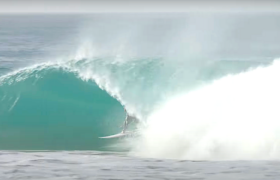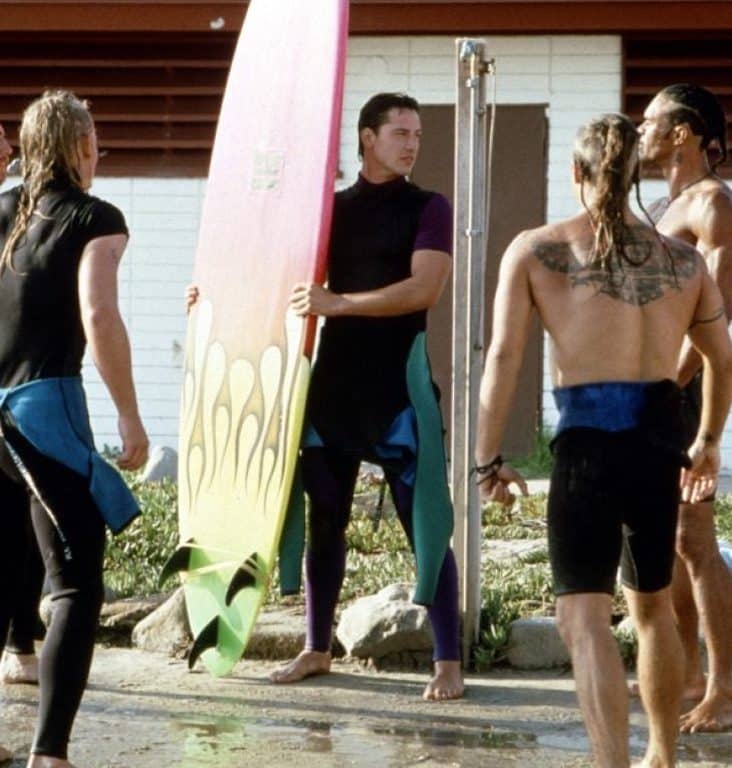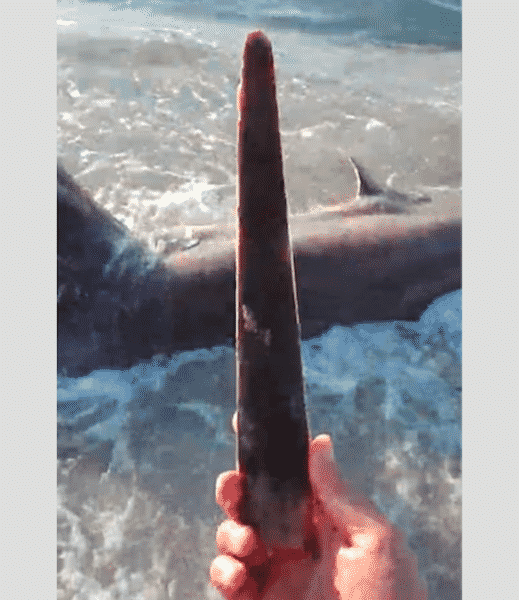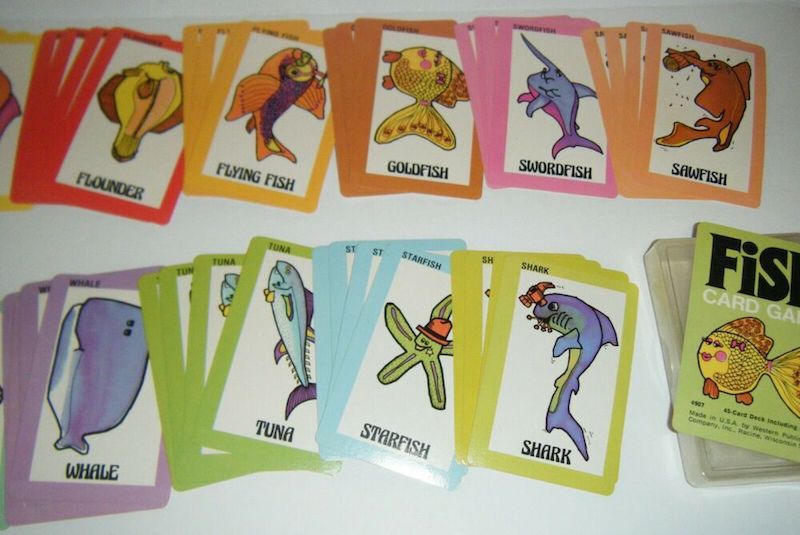Come warm your hands over the bonfire of white male nihilism.
So BG is a hotbed of (white male) nihilists?
I say good. I say (paradoxically) there’s value in that.
But let’s just bat off the “white male” adjunct – added purely to clarify nihilism in the pejorative sense. Because in 2020 it’s a loaded flare gun, and it’s how you fire the toxic alert that’s a precursor to full cancellation.
It’s a lazy insult, really.
I don’t have the stats, but I don’t need them.
Is BG’s audience predominantly white male? More than likely.
Is the sport of surfing 95% white male in a white male controlled industry? Absolutely.
(It’s also narrow-minded, thinly-cultured and broadly elitist, just while we’re at it.)
So if you want to attack the sport of surfing with accusations of being predominantly white male then fine, but to single out BG as unique in harbouring this demographic is patently false.
And, in my estimation, it undermines the BG community.
You do value things.
In no particular order, I believe you appreciate: good art (in all mediums); good writing; strong effort; cutting loose; hard work; paying your dues; substance, craftsmanship, humour, forthrightness, and both hard and soft drugs.
Above all, I believe you care about the preservation of a pastime that has given you deep joy, embodied many of the values above, and, in some cases, provided a clear sense of identity.
As for nihilism, let’s examine that.
Now, more than ever, I find it difficult to understand how to get on with the business of living without being nihilistic.
In a world of deepfakes, planetary extinction and Donald Trump, where’s the value in engaging?
There’s no way to make sense of it, let alone change it. I would argue it’s impossible to exist without shutting yourself off from the endless surges of misinformation that cause nothing but anxiety.
You might call this nihilism, but you could equally call it self-preservation.
How do you not become disenfranchised with a society ripping apart at the seams? Especially when you, by virtue of the skin/passport colour or gender assigned (or misassigned) to you by birth, are often the root cause.
Is it any wonder there’s a mental health crisis?
We systematically inject young people with existential guilt from the moment they become self-aware. And at that moment they are the rabbit in the headlights, blinded and paralysed.
And what are we left with? A gender-undecided, ironically homogenised pool of e-boys and e-girls, too terrified by the world to live their subculture IRL, lip-syncing and hip gyrating at their phone screens but saying absolutely nothing.
It has become not only difficult to state opinions and thoughts (and sometimes even objective truths) but dangerous.
And the result? You stop having them.
There’s a Newspeak word for the type of thoughtcrime involving original thoughts and ideas. It’s called ownlife.
Surfing is both a product of and response to a world in which nihilism is the only choice.
You might reasonably argue that if it wasn’t for nihilistic tendencies then surfing wouldn’t, or couldn’t, exist.
We’re concerned with riding waves, an activity that has no set goals, purpose or structure; no point of mastery; and no natural end other than death.
To surf is to embrace nihilism.
If we weren’t nihilists we might be engaged in things that were actually useful, or beneficial to someone other than ourselves.
Be honest: what good has your surfing life done outside of your own, narrow sphere?
It’s wishy-washy, effete and narcissistic.
It breeds aggression, selfishness and self-loathing; punctuated by brief periods of (personal) bliss, a sense of oneness, and, very occasionally, a bond with others who understand how good it feels to be self-serving.
And nihilism among the shrinking core of surf culture is the only response. Backed snarling into a corner by foamies and yoga pants and Eric Logan’s teeth, what else is there to do?
You could quit: that’s a valid response.
Or you could say fuck it, fuck them, it’s all shit, and I’ma keep doing my thing.
That’s just as valid as quitting, and arguably more noble.
I’ve just written a story for Wavelength magazine about an event Derek Hynd ran on a remote Scottish island in September 2001.
While they were there, 9/11 happened. They heard sporadic radio reports and some didn’t see the TV footage for a couple of days.
I asked everyone what it was like to pursue something as frivolous as surfing in this context. What value did it have? Most of them told me that it was the only response when nothing else made sense.
Nihilism shouldn’t be looked on as negative.
If you disappear the world doesn’t care. Making peace with that allows you to deal with what’s in front of your face without being overwhelmed by things you can never understand or control. This is the paradox of nihilism: caring less for the world at large allows you to care more for the things that are close to you. And it frees you to surf, to engage in something fruitless without the need for justification.
And that, to me, is a virtue.









